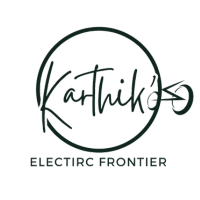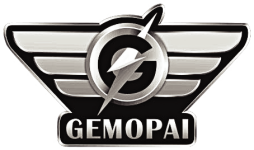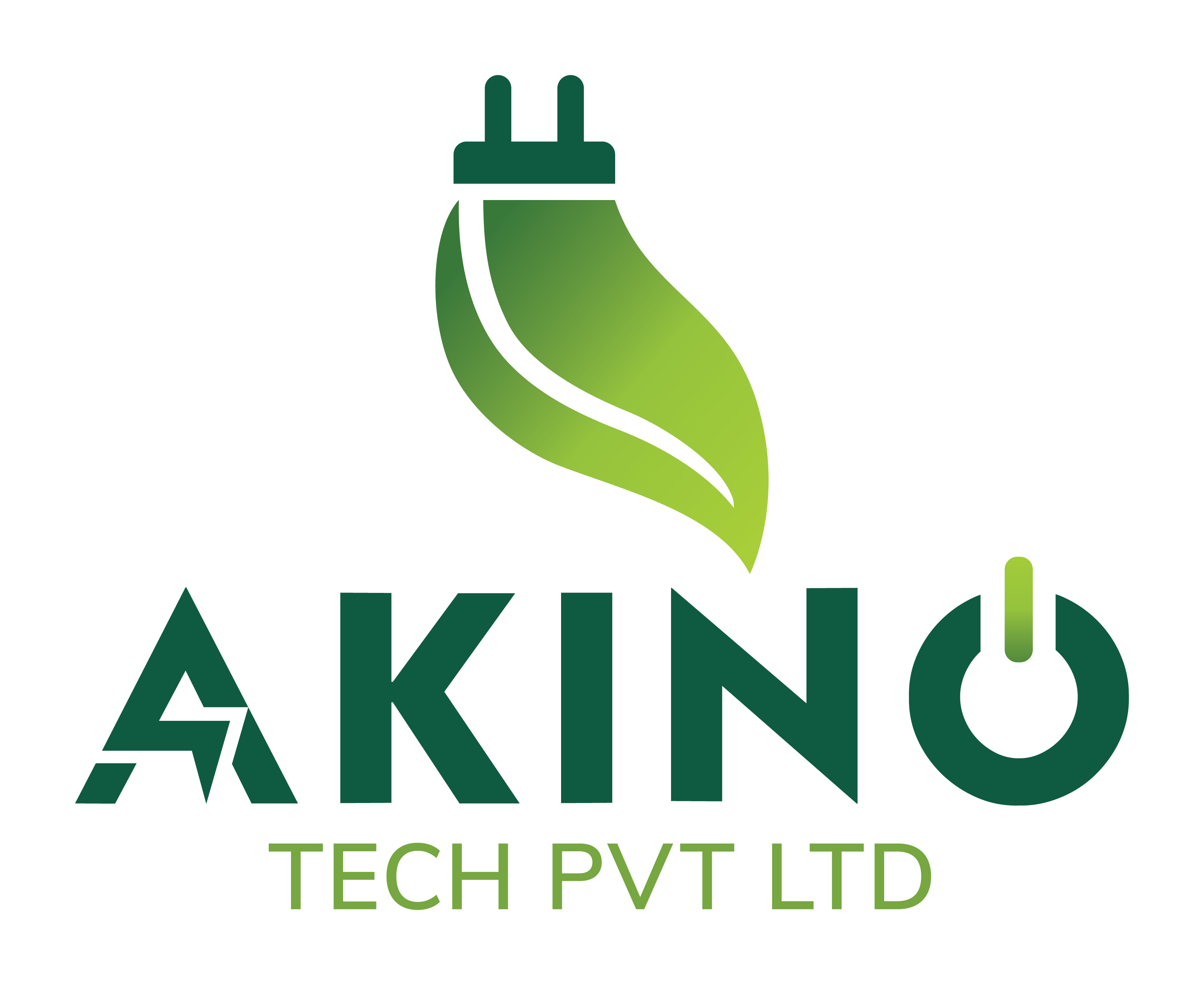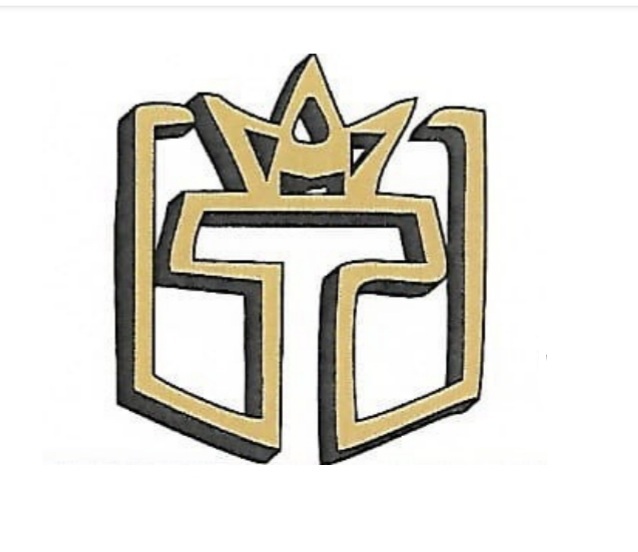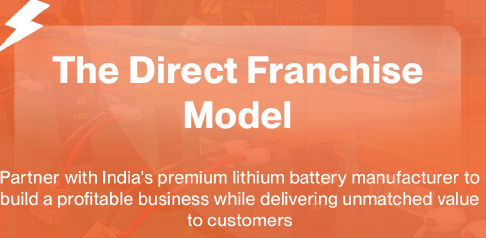Find EV EVSE course
Lithium-ion battery market at your city
The lithium-ion battery market includes both manufacturing of battery components and distribution of finished batteries for various applications like consumer electronics, two-wheelers, and electric vehicles. The rising reliance on portable electronics, the growth of the electric vehicle sector, and the need for renewable energy storage fuel market growth increasing Lithium-ion battery demand.
Durgapur's lithium-ion battery market offers opportunities in battery manufacturing, including components and assembly for electric vehicles (EVs) and renewable energy storage, as well as in distribution and retail for industrial and consumer markets.
Solar Energy and Lithium Batteries Courses
Solar Energy and Lithium Batteries Courses at Institute of Solar Technology (https://istindia.org ) and Academy of EV Technology (https://aevt.org ) cover practical assembly, business management, and system design, with options for online and offline learning, and cover topics from basic cell selection to complex pack assembly and ROI calculation.Institute of Solar Technology (https://istindia.org ) and Academy of EV Technology (https://aevt.org ) offer specialized courses for both technicians and entrepreneurs interested in the growing solar and battery industry.
Ev Charging Station Course
Business/Entrepreneurial Courses:Guide individuals on how to start and manage an EV charging station business, covering market trends, business opportunities, and necessary infrastructure.
Ev Charging Station Course
Advance Courses Available
Solar Application Li-ion Battery Manufacturing Course , Focuses on the practical setup of battery assembly lines, covering cell selection, testing, module assembly, and business planning such as costing and investment.PV Technology and Business Management (Online), Targets individuals interested in starting businesses in the solar sector, covering technical aspects and business management.
Solar Project Design Master Course (Online), Aimed at engineers, focusing on designing solar projects.
Li-ion Battery Pack Assembly (Online), Provides detailed instructions on how to assemble lithium-ion battery packs.
Electric vehicle (EV) industry
All-electric vehicles (EVs), also referred to as battery electric vehicles, use a battery pack to store the electrical energy that powers the motor. EV batteries are charged by plugging the vehicle in to an electric power source.
The key components are
Battery : Which has the stored energy
Motors : Which converts this into rotational energy for mobility.
Controller : Is an electronic hardware device +software which works very closely with the motor and is usually bundled with. A motor controller might include a manual or automatic means for starting and stopping the motor, selecting forward or reverse rotation, selecting and regulating the speed, regulating or limiting the torque, and protecting against overloads and electrical faults.
The motor of an electric car converts the current from the battery into mechanical energy. This is done by a fixed magnetic part (stator) and a moving part (rotor) that is made magnetic by electricity. If two positive poles are facing each other due to the electrical charge, they repel each other - and the moving part of the electric motor rotates.
Electric motors develop similar torque at low as well as at high speeds. Theoretically, therefore, a rigid connection between the motor and the drive shaft would suffice for them. In practice, however, an input gearbox is usually used as a so-called reduction gear, which reduces the speed of the motor by a factor of about 1:10.
The motor of an electric car consists of two electromagnets - stator and rotor. The stator is immobile and generates a constant magnetic field with the help of direct current. The rotor is rotatable and produces its magnetic field with alternating current. The two magnets alternately attract and repel each other. The rotor rotates - and thus sets the car in motion.
The inverter is also called a converter. This is because it has the task of converting the 3-phase AC voltage of the electric motor into a DC voltage for charging the battery when braking. Conversely, when the electric motor is driven, the battery's DC voltage is converted into a 3-phase AC voltage.
Lithium-ion batteries are the heart of our electric cars. They are particularly powerful and have the highest energy density compared to other batteries. This means that they can store the most energy per kilogram of battery. Lithium-ion batteries have numerous advantages: due to their compact size, more individual lithium-ion batteries fit in your Opel electric car. So you can travel further. They also require less energy to cool the vehicle battery to its optimal operating temperature.
Also good to know: our batteries are not affected by the so-called "memory effect". You can recharge your electric vehicle battery as often as you like - even through mobile fast charging - without any loss of performance.
Independent studies estimate that you can drive 250,000, even up to 500,000 km with the battery of an electric car1. The durability of our batteries is therefore probably on a par with that of our combustion engines. That's why we give an 8-year guarantee on our electric car batteries, or 160,000 km of driving.
Quick Inquiry Form
Class Time / Slot
Online class Available slot for working professionals
Available slot: December month
| Slot | IST Time | Status |
| 1 | 7:30 AM - 9:00 AM 4th Batch (Last Batch) | |
| 2 | 10:30 AM - 12:00 Noon | |
| 3 | 3:00PM - 4:30PM 3rd Batch | |
| 4 | 8:00 PM - 9:30PM 1st & 2nd Batch |
Next batch Class will start from January - 2026
| Slot | IST Time | Status |
| 1 | 7:30 AM - 9:00 AM | |
| 2 | 10:30 AM - 12:00 Noon | |
| 3 | 3:00PM - 4:30PM | |
| 4 | 8:00 PM - 9:30PM |
| Slot | IST | WAT | SAST | EAT | KST |
| 1 | 7:30 AM | 3 AM | 4 AM | 5 AM | 10 AM |
| 2 | 10:30 AM | 6 AM | 7 AM | 8 AM | 1 PM |
| 3 | 3 PM | 10:30 AM | 11:30 AM | 12:30 PM | 5:30 PM |
| 4 | 8 PM | 3:30 PM | 4:30 PM | 5:30 PM | 10:30 PM |
4 Slot 4 batch each slot
Admission Going on for
EV Technology and Business Management - Techno Commercial Training (online)
Today's 15% Discount From:
January - 2026

Course Duration: 2 + 1 Months
EV Battery Pack Assembly Line Training (online)
Today's 15% Discount From:
January - 2026

Course Duration: 2 + 1 Months
Solar Power EV Charging Station (online)
Today's 15% Discount From:
January - 2026

Course Duration: 2 + 1 Months
Visit our Google Map












View all Job

